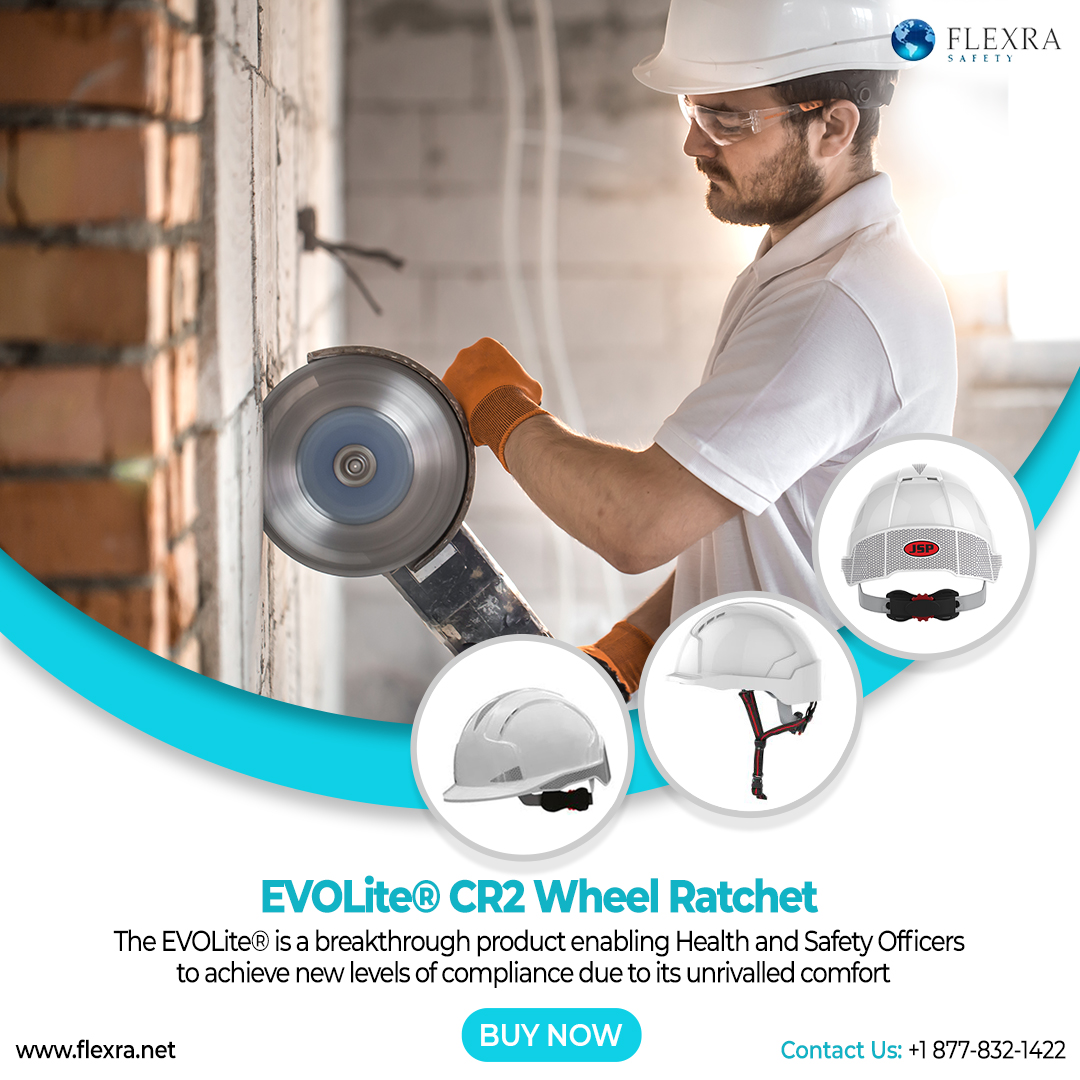
The Impact of Hard Water on Kitchen Appliances: A Comprehensive Analysis
The Impact of Hard Water on Kitchen Appliances: A Comprehensive Analysis
Water is an essential resource in our daily lives, and its quality can significantly impact our appliances' performance and longevity. One particular concern is the presence of hard water, which contains high mineral content, primarily calcium and magnesium. In this blog post, we will delve into the comprehensive analysis of the impact of hard water on kitchen appliances, shedding light on the problems it can cause and suggesting effective solutions to mitigate its effects.
Understanding Hard Water
Before discussing the effects of hard water on kitchen appliances, let's briefly understand what hard water is. Hard water is characterized by its high mineral content, specifically calcium and magnesium ions. These minerals are naturally present in the ground and find their way into our water supply. While hard water is not harmful to human health, it can pose challenges for various household appliances.
Effects on Kitchen Appliances
- Dishwashers: Hard water can lead to the formation of limescale deposits inside the dishwasher. Over time, these deposits can clog the spray arms, nozzles, and filters, reducing the efficiency of the dishwasher. As a result, dishes may not come out as clean, and the dishwasher may consume more energy and water to compensate for the reduced functionality.
- Coffee Makers: The mineral deposits from hard water can accumulate in coffee makers, particularly in the heating elements and water reservoirs. This buildup can restrict water flow, affect the brewing temperature, and reduce the lifespan of the machine. Additionally, it can alter the taste and aroma of your coffee, making it less enjoyable.
- Kettles: Similar to coffee makers, kettles are susceptible to mineral buildup due to hard water. The mineral deposits may accumulate on the heating element, reducing its efficiency and leading to longer boiling times. Moreover, the limescale can affect the appearance of your kettle and leave residue in your tea or coffee.
- Refrigerator Ice Makers: Hard water can affect the performance of refrigerator ice makers as well. The minerals can build up within the ice maker's components, causing clogs and reducing ice production. This can lead to issues such as smaller ice cubes, slower ice formation, and even complete malfunction of the ice maker.
- Air Fryers: Air fryers have become increasingly popular for their ability to cook crispy and healthy meals. However, when used with hard water, the mineral deposits can accumulate on the heating elements and other internal components. This can reduce the efficiency of the air fryer, resulting in uneven cooking, and longer cooking times, and potentially affecting the flavor and texture of your food.
- Faucets: Faucets are an essential component in any kitchen. Hard water can leave mineral deposits on the surface of faucets, affecting their appearance and potentially causing issues with water flow and temperature control. Over time, the buildup can even lead to leaks and the need for repairs or replacement. Faucets for hard water are good to prevent buildup on the faucet.
Solutions and Preventive Measures
- Water Softeners: Installing a water softener is an effective long-term solution to combat the effects of hard water on kitchen appliances. These devices remove the calcium and magnesium ions from the water, preventing the formation of limescale deposits. Water softeners can significantly prolong the lifespan of your appliances and improve their performance.
- Descaling Products: Regularly descaling your appliances can help remove existing mineral deposits and prevent further buildup. There are various descaling products available in the market specifically designed for kitchen appliances. Following the manufacturer's instructions, you can use these products to clean your dishwasher, coffee maker, kettle, and other affected appliances.
- Vinegar or Lemon Juice: As a natural alternative to descaling products, you can use a mixture of vinegar or lemon juice and water to remove mineral deposits. These acidic substances can break down the limescale and restore the efficiency of your appliances. However, be cautious and follow proper cleaning procedures provided by the manufacturer to avoid any potential damage.
- Regular Maintenance: Taking proactive measures to maintain your appliances is crucial. Regularly clean and inspect them for any signs of limescale buildup. Clean removable parts, such as filters and spray arms, and replace them if necessary. By following the manufacturer's maintenance guidelines, you can keep your appliances in optimal condition.
In conclusion, hard water can have a significant impact on the performance, efficiency, and longevity of your kitchen appliances. By implementing best practices for protecting your appliances, understanding the effects of hard water on their longevity, and knowing how to remove hard water stains, you can ensure that your appliances remain in optimal condition for years to come. Take the necessary steps to minimize the negative impact of hard water and enjoy the full potential of your kitchen appliances.


























